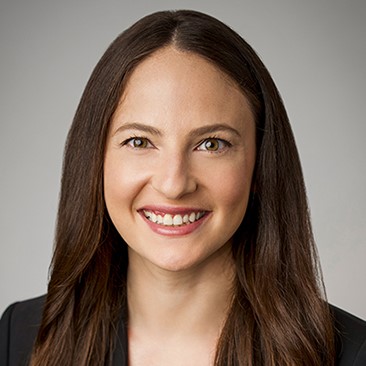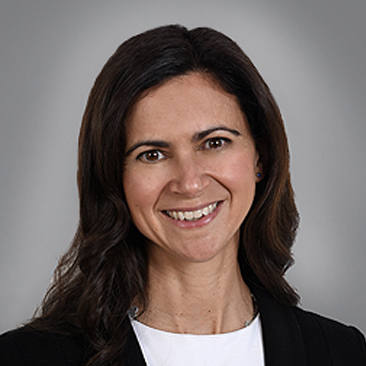Jay Clayton, President Trump’s nominee to lead the U.S. Securities and Exchange Commission, faced a battery of questions from members of the U.S. Senate Committee on Banking, Housing, and Urban Affairs during his confirmation hearing held on Thursday, March 23, 2017. Although his written remarks focused primarily on the importance of fair, efficient and orderly capital markets and the need to remove regulatory barriers to U.S. IPOs, Mr. Clayton covered a broad range of topics during the hearing.
In his opening statement, Mr. Clayton noted that his varied experiences with “Wall Street and Main Street” had reinforced his beliefs that: “(1) Well-functioning capital markets are important to every American; (2) All Americans should have the opportunity to participate in, and benefit from, our capital markets on a fair basis, including being provided accurate information about what they are buying when they invest; and (3) There is zero room for bad actors in our capital markets.” [i] He underscored his “100 percent commit[ment] to rooting out any fraud and shady practices in our financial system.”
Responding to questions from Committee Chair Mike Crapo (R-ID) and Ranking Member Sherrod Brown (D-OH), Mr. Clayton reaffirmed his commitment to addressing any conflicts of interest triggered by his years in private legal practice. Mr. Clayton went on to emphasize the importance of “easing the [IPO] on-ramp” by reducing the costs to private companies of tapping the public securities markets. Pointing to the reduced number of IPOs in the U.S. markets, Mr. Clayton explained that his goal as SEC Chair would be to encourage companies in the early and middle stages of their growth cycles to raise public equity capital to enable all investors to share in the benefits of their value creation.
Questioned by Senator Brown about which provisions of the Dodd-Frank Act of 2010 he would specifically “attack,” Mr. Clayton replied that he had no specific “attack plans.” However, Mr. Clayton indicated that he generally believes that Dodd-Frank provisions within the SEC’s purview should be examined to ascertain whether the SEC’s implementing rules are effective in achieving their statutory objectives. Mr. Clayton also stated his view that rulemaking required under statute should continue to move forward during the pendency of this review. When Senator Brown followed up on his earlier question by asking whether Mr. Clayton views his mission as facilitating the Administration’s deregulatory objectives, Mr. Clayton answered that his objectives are aligned with the tripartite mission of the SEC: capital formation, investor protection, and efficient markets.
In a related exchange with Senator Heidi Heitkamp (D-ND) concerning the dearth of prosecutions of those responsible for the 2008 financial crisis, Mr. Clayton promised that he will “vigorously enforce” the law and affirmed his fundamental belief in the deterrent effect of targeting individual actors. From his perspective, individual accountability drives behavior more than corporate accountability. Based on this reasoning, and in response to a question from Senator Jack Reed (D-RI) concerning the potential impact of the Administration’s “skinny” budget, Mr. Clayton stated that he would deploy SEC resources more effectively by focusing on individual accountability.
The growing risks of cybersecurity and climate change were also a focus of some on the Committee, with two members of the panel—Senators Reed and Mark Warner (D-VA)—questioning Mr. Clayton on his views as to whether there should be enhanced disclosure requirements relating to these risks. Mr. Clayton responded that, first and foremost, materiality would continue to be his touchstone as Chair when addressing questions concerning disclosure requirements. Nonetheless, he commented that additional guidance on those subjects could be appropriate, especially concerning cybersecurity disclosures.
Other topics covered at the hearing included the relative merits of IPO-related listings of non-voting stock (in the wake of the recent Snap IPO), the need for the SEC to act on legislative authority to close the 10-day statutory disclosure “window” for filing initial Schedule 13D beneficial ownership reports, and whether insider trading laws should apply to informal presidential advisers who receive non-public information on future regulatory or policy changes.
No date has been set for a full Senate vote on Mr. Clayton’s confirmation as SEC Chair. If confirmed, he will join a Commission with two vacancies.
[i] View Mr. Clayton’s written remarks here. For additional insight into how Mr. Clayton, if confirmed as Chair, would address potential conflicts of interest, see his written response to questions from Senator Cortez-Masto, dated March 22, 2017, here.















